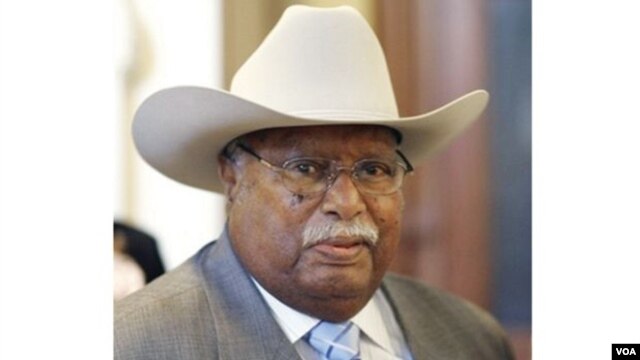* Matches would have been first since 1998-2000 war
* Ethiopia had ruled out travelling to Asmara
ADDIS ABABA, Dec 5 (Reuters) - Eritrea have withdrawn from their African Nations Championship qualifiers against bitter foes Ethiopia, a letter from the Confederation of African football (CAF) showed.
It was not immediately clear if Ethiopia’s request for the match to be played on neutral ground after ruling out travelling to Asmara was behind Eritrea’s move.
Over the weekend, 18 members of the Red Sea state’s national team, including Eritrea’s team doctor, disappeared in Uganda while playing in a regional tournament.
The two east African rivals were set to clash in the Eritrean capital around Jan. 14-16 with the return fixture booked for a fortnight later in Addis Ababa.
“We have just been informed by the Eritrean Football Federation that its national team is withdrawing from the … matches,” said a letter from CAF’s Competitions Deputy Director Shereen Arafa seen by Reuters.
The letter did not mention Eritrea’s reasons for its withdrawal. An Ethiopian FA official confirmed the letter and added that his country was now set to face Rwanda in Addis Ababa on June 21-23 in the next qualification round.
Ethiopia and Eritrea are entangled in a bitter border dispute that saw the countries go to war between 1998-2000, a conflict which cost tens of thousands of lives.
The African Nations Championship, played every two years, is the continent’s second biggest tournament in which only domestic-based players can take part.
Ethiopia and Eritrea were last drawn against each other in 1998 in a qualifying round for the 2000 African Nations Cup, just months after fighting broke out along their sun-blasted border.
Ethiopia declined to take part in those matches. (Editing by Richard Lough and Ken Ferris)







